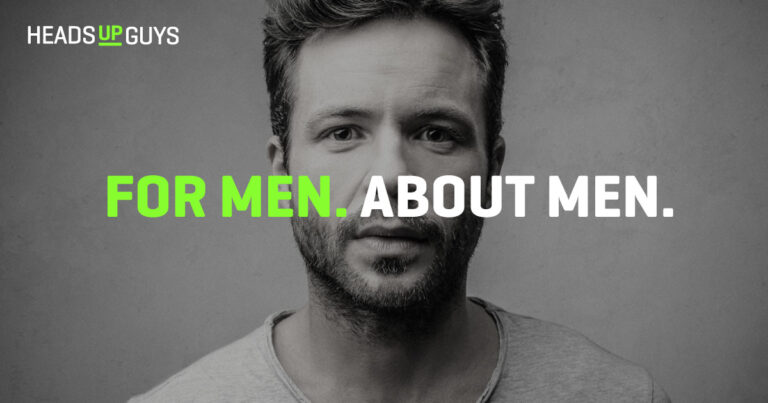MIND, the UK’s leading mental health charity, has launched a new campaign focused on men and mental health. It has a two-pronged aim: first, to encourage more men to talk about their mental health; second, to urge health services to take better account of men’s specific needs.
To launch the campaign, MIND commissioned a YouGov survey of more than 2,000 adults. They found that one in three men would be too embarrassed to seek help for a mental health issue, and only 23% would see their GP if they felt low. Men were also about half as likely as women to share their problems with friends. The consequences are real: men account for a disproportionate share of suicides and are more likely to become alcohol dependent (Kemple, 2009).
Why do many men hold back?
Part of the picture is cultural: many men worry that opening up will be seen as a sign of weakness. Biology and socialisation may also play a role in how emotions are processed and expressed. But a big practical barrier is fit—if services feel geared towards women, men are less likely to attend. The YouGov poll echoed this: some men don’t go to their GP because surgeries feel “not for them.”
What MIND is asking for
- More male-specific services and outreach that meet men where they are—at work, online, in gyms and sports clubs.
- A national men’s mental health strategy that recognises different help-seeking patterns and removes stigma.
- Training for frontline staff so conversations feel practical, non-judgmental and action-oriented.
Practical steps you can try today
- Move your body. Regular activity can lift mood and reduce anxiety. See our guide: Exercise Helps You Beat Depression.
- Try a skills-based approach. Computer-based cognitive behavioural therapy (CBT) offers structured, private tools for coping. Learn more about options in Computerised CBT.
- Build a simple calm habit. Even five minutes counts. Start with our step-by-step guide: How To Meditate – a Simple Meditation Technique.
If you’re struggling now or supporting a man who is, help is available. The NHS explains where to get urgent mental health help and how to self-refer to talking therapies—see NHS: urgent help for mental health.
Bottom line
Stigma, fit and familiarity keep many men out of care. MIND’s campaign is a timely push to change that—by reshaping services, normalising help-seeking and offering practical, male-friendly routes into support. As a men’s therapist, I’m fully behind it.

